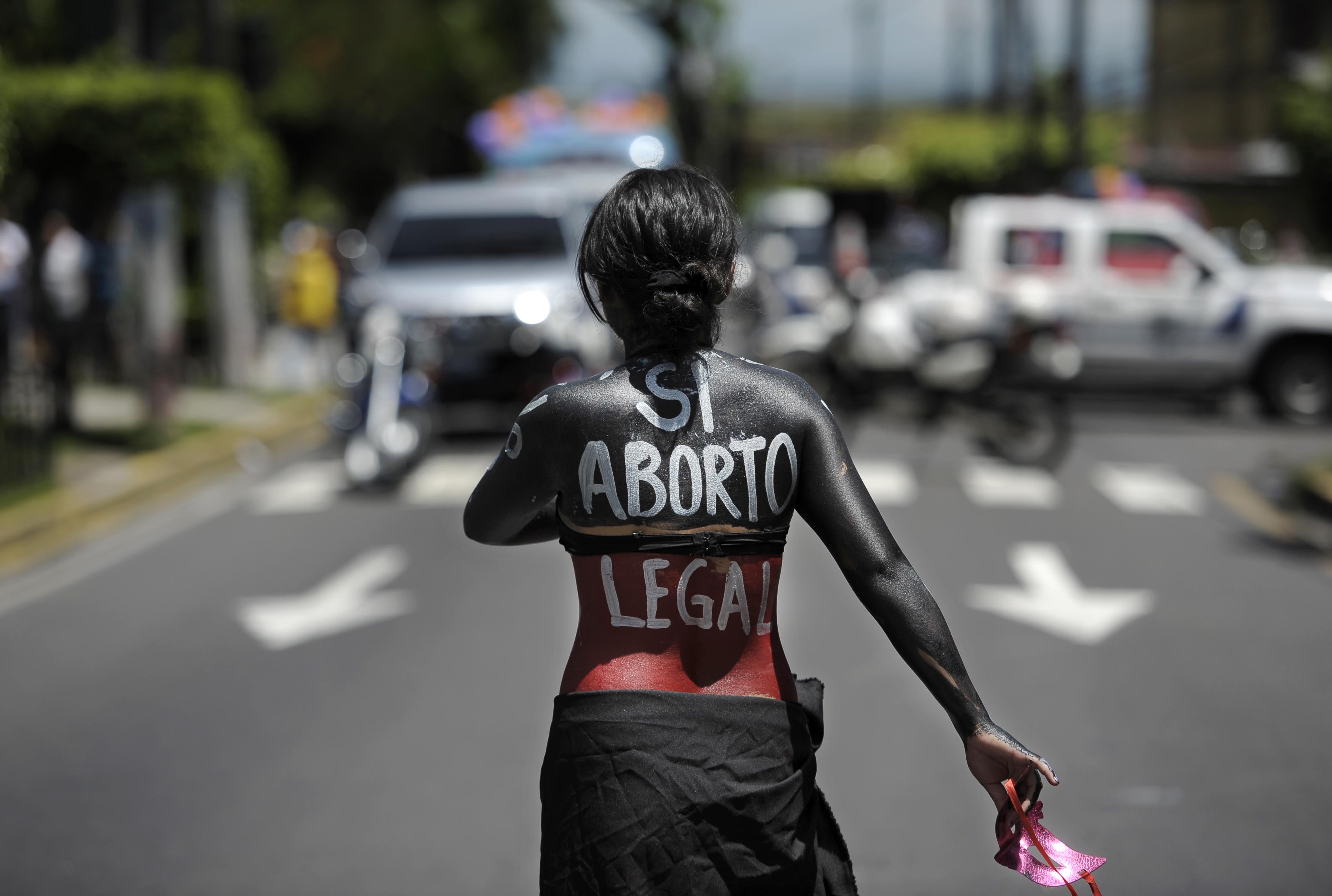Proponents of legal abortion could not make up a more heartbreaking scenario to prove their point. Beatriz (not her real name) is 22 years old with a one-year-old son. She has both lupus and kidney failure.
She is also 23 weeks pregnant with a non-viable fetus. The fetus is anencephalic, which means that if the pregnancy comes to term, the baby will be born with half a brain.
Beatriz’s doctors have advised her to get an abortion because the pregnancy is interfering with her chances of treatment and, ultimately, survival. Problem is, Beatriz lives in El Salvador, where abortion has been illegal since 1998. If she goes ahead with an abortion, both she and her provider will be subject to criminal sanctions, which may include prison terms of up to 10 years. According to the Center for Reproductive Rights, 46 Salvadoran women have already been charged with illegal abortions; of those convicted, three are serving prison sentences.
As moving as this predicament is, it has not swayed the Catholic Church. José Luis Escobar, Archbishop of San Salvador said, referring to Beatriz potentially getting an abortion, “it’s incredible, it’s inhuman, it’s against nature.” He added, “Sure, she [Beatriz] has health problems, but she’s not in grave danger of death. Since we need to consider both lives we need to ask, whose life is in greater danger. We think that the fetus is in greater danger.” It should be noted that most anencephalic fetuses die in utero before coming to term. If an anencephalic fetus does make it to term, it is not likely to survive the first few days after birth.
Amnesty International and Human Rights Watch have both weighed in on the case, demanding that the Salvadoran government exempt Beatriz from the abortion prohibition. So has the Inter-American Commission on Human Rights, the U.N. body overseeing human rights violations in Latin America.
Beatriz first requested an abortion in March. In April, her lawyers appealed to the country’s highest court asking that Beatriz receive a therapeutic abortion. (A therapeutic abortion exception has never been approved since the ban was put in place.) The Supreme Court accepted the case and convened to hear it this week. But yesterday, instead of resolving the issue, the Salvadoran high court kicked the can down the road. They said they needed an additional 15 days to review the suit.
Beatriz will enter the third trimester of her pregnancy in two weeks. Even if the Court issues a positive decision, they are putting her health and life in greater danger: the more advanced a pregnancy, the riskier the abortion procedure. With each day that goes by, Beatriz’s pregnancy is progressing and the case for legal abortion is strengthening. It remains to be seen if the Supreme Court of El Salvador is listening.
